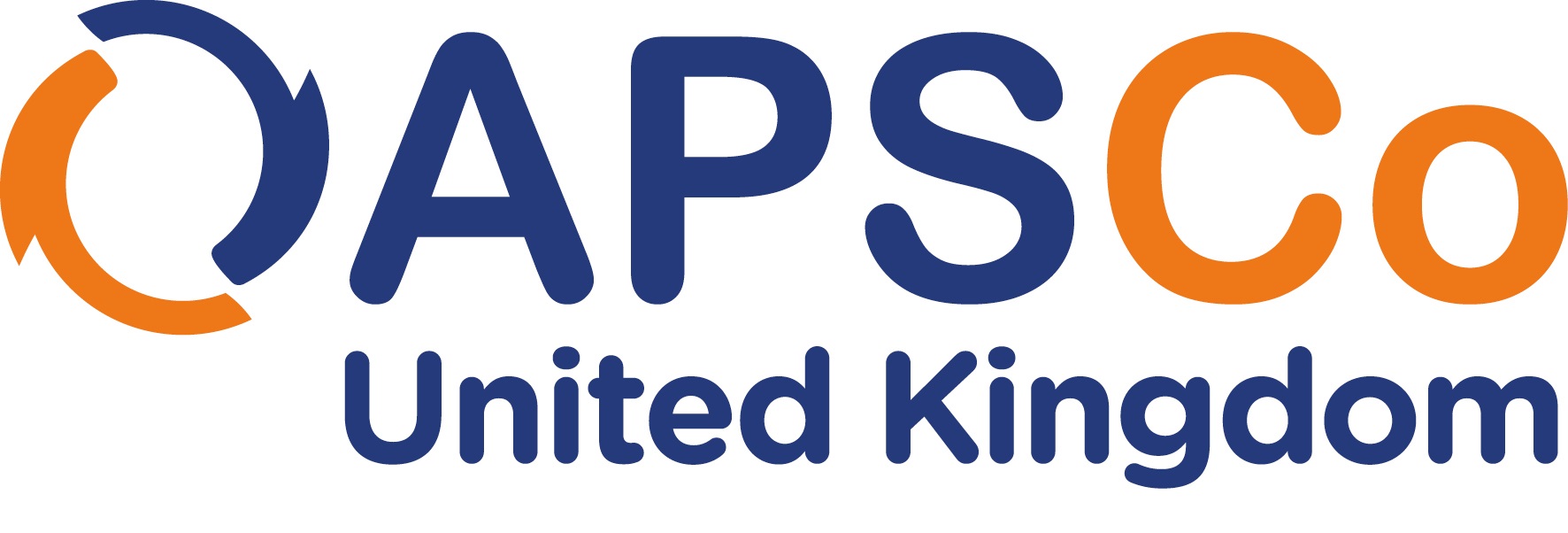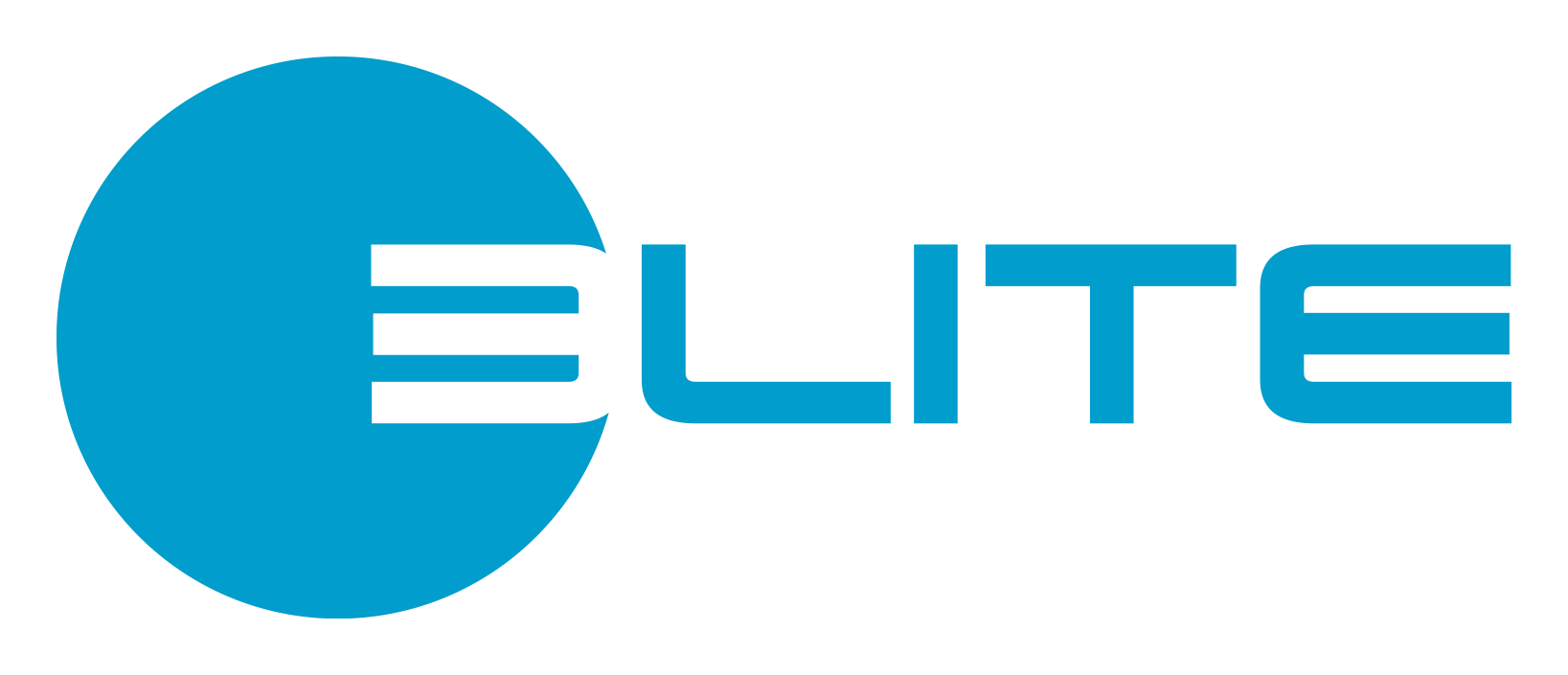Talent Acquisition: Trends, Challenges, and Opportunities
-
The Hybrid Work Model: A New Norm
The hybrid work model, blending remote and in-office work, is gaining traction. A lot of companies are pioneering this approach, offering employees unparalleled flexibility.
The hybrid work model is more than just a logistical change; it represents a fundamental shift in how we perceive work. Companies have realised that the traditional 9-to-5, in-office model may not be the most efficient. By offering flexibility, they've reported increased productivity, reduced overhead costs, and higher employee satisfaction. However, this model also presents challenges. How do you maintain team cohesion when members might not see each other for weeks? Talent acquisition managers need to prioritise candidates who are self-motivated, tech-savvy, and excellent communicators to ensure seamless integration into hybrid teams.
-
Diversity, Equity, and Inclusion (DEI): Beyond Buzzwords
Recent hiring initiatives underscore the industry's shift towards genuine DEI efforts. It's no longer about ticking boxes but fostering a diverse and inclusive work environment.
DEI isn't a new concept, but its implementation has evolved significantly. Companies have moved beyond mere representation, focusing on creating an inclusive environment where diverse voices are heard and valued. This approach has tangible benefits: diverse teams have been shown to be more innovative and better at problem-solving. However, there's a risk of tokenism if not executed genuinely. Talent acquisition managers must be trained to recognise unconscious biases and should be equipped with tools and strategies to ensure that the hiring process is genuinely inclusive.
-
Upskilling and Reskilling: Preparing for the Future
With industries evolving at breakneck speeds, upskilling and reskilling have become paramount. Companies need to be investing in their employees' future.
The rapid pace of technological advancement means that the skills in demand today might be obsolete tomorrow. Companies are starting to proactively address this by investing in continuous learning programs. By upskilling their current workforce, they not only bridge the skills gap but also boost employee morale and retention. However, the challenge lies in predicting future skill needs. Talent acquisition managers should collaborate with industry experts and futurists to ensure that training programs are not just reactive but also proactive, preparing employees for the challenges of tomorrow.
-
Embracing Data-Driven Recruitment
In the age of information, data-driven recruitment is no longer optional. Predictive hiring analytics exemplify the power of data in optimising the recruitment process.
In an age where every click, like, and share is tracked, recruitment can't remain an exception. The use of predictive analytics represents the tip of the iceberg. Advanced algorithms can now analyse vast amounts of data to predict candidate success, optimise job listings, and even forecast future hiring needs. However, there's a fine line between efficiency and depersonalisation. While data can guide decisions, talent acquisition managers must ensure that they don't lose the human touch. After all, recruitment is as much about cultural fit and interpersonal dynamics as it is about skills and qualifications.
-
Employee Wellbeing: A Cornerstone of Modern Workplaces
Employee wellbeing has transcended trends, becoming a cornerstone of modern workplaces. Companies are championing mental health initiatives, recognising their intrinsic value.
The pandemic underscored the importance of mental health and wellbeing. Progressive companies have realised that employee wellbeing directly impacts productivity, creativity, and retention. Initiatives like flexible working hours, mental health days, and wellness programs are becoming standard offerings. However, there's a risk of these initiatives becoming mere tick-box exercises. Talent acquisition managers need to ensure that wellbeing initiatives are tailored to their workforce's needs, regularly reviewed, and updated based on feedback.
-
Employer Branding: Attracting Top Talent
In a saturated job market, employer branding can set companies apart.
In a digital age, a company's online reputation can be its biggest asset or liability. A vibrant online presence is a testament to the power of effective branding. Prospective employees often research company cultures, values, and reviews before even applying. A strong employer brand can not only attract top talent but also reduce hiring costs and improve retention. However, authenticity is key. Discrepancies between the projected brand image and ground realities can lead to disillusionment and high turnover. Talent acquisition managers should work closely with PR and marketing teams to ensure a consistent and genuine brand image.
Do not make the mistake of mixing your employer brand and your EVP, these are distinctly different.
Think of the employer brand as the "image" or "reputation" of the company in the eyes of potential and current employees. It's how the world perceives the company as an employer. On the other hand, the EVP is the "offer" or "deal" between the employer and the employee. It's what the company promises to provide to its employees in exchange for their skills and commitment.
In essence, while the employer brand is about perception and reputation, the EVP is about the tangible and intangible benefits employees receive. Both are intertwined, as a compelling EVP can strengthen an employer brand, and a strong employer brand can enhance the perceived value of the EVP.
-
Leveraging Technology in Recruitment
From AI-driven candidate screening to virtual onboarding, technology is revolutionising recruitment. Companies need to harness technology's potential, failing to utilise technology may see you fall behind your tech savvy competitors.
Technology is revolutionising every aspect of recruitment, from sourcing candidates to onboarding. Companies are starting to harness AI, virtual reality, and chatbots to streamline processes and enhance the candidate experience. For instance, AI algorithms can screen thousands of resumes in seconds, ensuring that talent acquisition managers only review the most relevant ones. However, over-reliance on technology can be detrimental. It's essential to strike a balance, leveraging technology to eliminate redundancies while ensuring that the recruitment process remains personal and human-centric.
Conclusion:
2023 and beyond presents a myriad of opportunities and challenges for talent acquisition managers. By staying attuned to these trends and adapting strategies accordingly, they can navigate the evolving landscape, ensuring their organisations remain competitive in the quest for top talent.
The future of talent acquisition is exciting, filled with opportunities and challenges. By staying informed and adaptable, talent acquisition managers can navigate this evolving landscape, ensuring that they attract and retain the best talent for their organisations.



